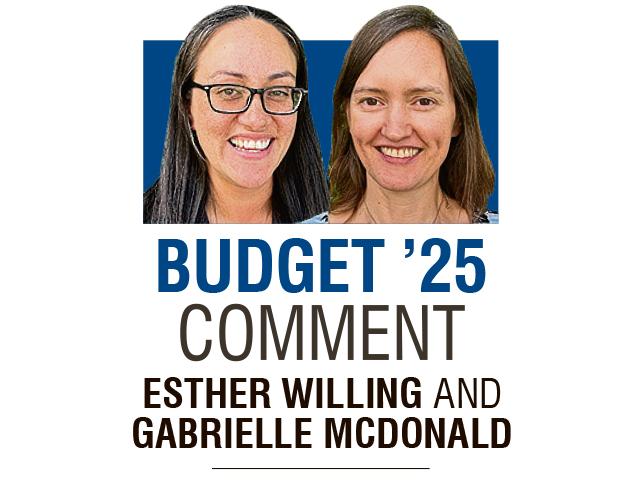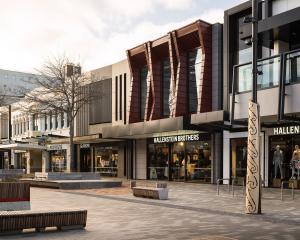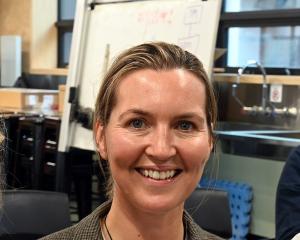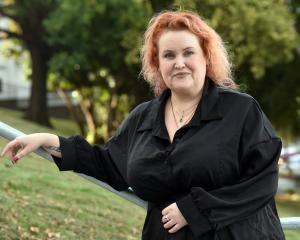
The most urgent issues are access to healthcare when you need it — both primary care and hospital specialists — our overworked workforce and ageing hospital infrastructure.
How does this budget address these issues?

The $81.2 million for increased access to urgent after-hours care is a step in the right direction but is a quick fix to the larger issue of insufficient primary care capacity. There is no certainty that this funding will make after-hours care more affordable and it could increase inequities through making care unaffordable for those who need it most.
Nor does this allow primary care to function as intended, with people being able to see their own GP, which provides continuity of care.
Effective primary care is the backbone of any successful health system. Until the crisis in primary care is addressed, our health system will continue to struggle.
Despite promises to increase the number of doctors and nurses trained each year, there is no investment in improving the working conditions of our overworked health workforce.
The lure of working overseas, with better conditions and more pay, is too attractive for many of our graduates to ignore.
It is good to see funds dedicated to upgrading health infrastructure.
However, as readers of the ODT, you will be aware that $1 billion is insufficient to build even a single hospital, let alone address the ageing infrastructure across the country.
With an increase in health spending of 4.77%, there cannot be any expectation of addressing significant issues, which puts our publicly funded health system at further risk.
Our ageing population, increasing complexity of health conditions and increasing costs of treatment mean that we would require a 5% increase to merely "stand still’.
Finance Minister Nicola Willis has stated that this government is "prioritising your taxpayer money carefully", but this appears to be in the form of tax breaks for businesses.
This is at the expense of making a genuine effort to invest in our health.
■Esther Willing is director of the Kōhatu Centre for Hauora Māori, University of Otago; Gabrielle McDonald is a senior research fellow at Kōhatu.












